A generation ago, J.D. Salinger wrote a novel, The Catcher in the Rye, which became immensely popular, as well as becoming required reading in most undergraduate literature programs. It deserved both. It’s a great piece of literature.
Here’s the image: A man is watching children playing in a rye field with an exuberance and delight that only innocent young children can have. He thinks ahead, picturing how each of them will eventually lose the joy of that innocence and will, like the rest of us adults, become jaded and unhappy. He imagines how wonderful it would be if he could protect these children from growing up and just keep them there forever, innocent, playing in a rye field, spared of all the mess, sin, compromise, and unhappiness of adults. A fantasy which touches the heart.
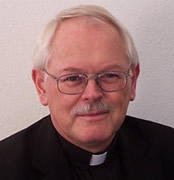
It also touches something at the heart of the tension between conservatives and liberals. Conservatives and liberals disagree on most everything, except one thing: both are unhappy with the direction in which things are going.
For conservatives, the present moment is seen as a falling away, from a faith, a stability, and a happiness that supposedly we once had. Their instinct is to return to what once was, to what once (in their view) held things together. What would fix things, they believe, is a certain retreat to a past innocence. At the root of that lies that exact nostalgia inside the man watching those children playing in The Catcher in the Rye, namely, that leaving behind the innocence of childhood for the sophistication of an adult, brings with it instability, mess, and unhappiness. Sophistication comes at too high a price, and so we need to be protected from certain kinds of learning and experience.
Liberals tend to have the opposite instinct and proclivity. For them, we live in a social, religious, moral, and technological milieu that sets us above the past, irrespective of the mess this sometimes brings. We are simply advanced in ways that past generations, whatever their values and sincerity, were not. Any retreat would be a regression, an intellectual and moral loss. The path towards maturity is forward, and we must have the courage to travel that road, notwithstanding the upheavals that come with it (you can’t make an omelet without scrambling an egg). The road forward leads through adult experience and learning, beyond the shelter of the rye field. That’s the road that leads to maturity and gets us beyond the narrowness, bigotry, racism, sexism, and ignorance that undergird much false fear, rigidity, injustice, and violence in the world.
Who’s right? In what direction should we be moving? What’s the way forward?
My own hunch is that we will get to where we should be going by following neither the instinct of the liberal nor that of the conservative fully. While both emanate from a healthy intuition, both have shown themselves inadequate vis-a-vis the road to maturity, peace, and happiness. Liberals are right in intuiting that moving back to the past is not the answer, just as conservatives are right in believing that simply becoming ever more sophisticated is no answer either. Both are partially right and partially wrong. Where should we be going?
We must move forward, though not in the way popular liberal ideology tends to conceive of this, that is, as salvation through sophistication alone. We must move forward, but in a way that ultimately takes us beyond sophistication to a second naivete. What is meant by this?
This: If you ask a naive child: “Do you believe in Santa Claus and the Easter Bunny?”, she answers: “Yes.” If you ask a bright child the same question, she answers: “No.” But if you ask an even a brighter child that question, she answers: “Yes”. But for a different reason.
The task in life is to move from naivete through sophistication to post-sophistication. Both conservatives and liberals need to challenge themselves (and each other) in the light of this truth (which is found both in the Gospels and in the best insights in anthropology). God and nature do not intend for us to remain as children all our lives. We are meant to grow, to experience life, to sort out the critical questions that are inside us, to become sophisticated. Admittedly, in that process we will lose much of our innocence. And, as Adam and Eve found out after they ate the fruit, when our eyes are opened, happiness does not exactly follow.
Where is happiness found? In that place where it is possible again to believe in Santa and the Easter Bunny, in a place of post-sophistication. There are various vocabularies within which to express this, but they all point to the same thing. They all have the same progression:
Naivete – Sophistication – Second naivete
First fervor – Disillusionment – Mature love
Pre-critical – Critical – Post-critical
Innocence – Lost innocence – Revirginized
Childish – Grown Up – Childlike
Happy – Disenchanted – Peaceful
Naive fool – Sophisticated fool – Holy fool
We once were naive fools. Then we became sophisticated fools. It’s time to become post-sophisticated fools.
Oblate Father Ron Rolheiser is a theologian, teacher, and award-winning author.
Photo from Bigstock.com


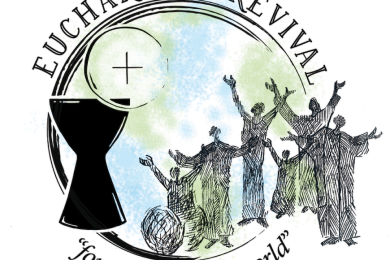







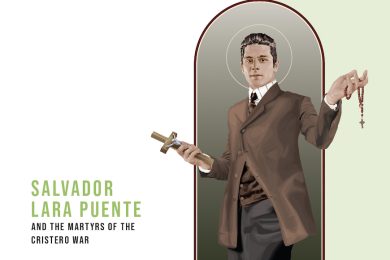

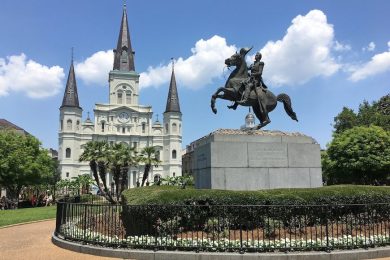






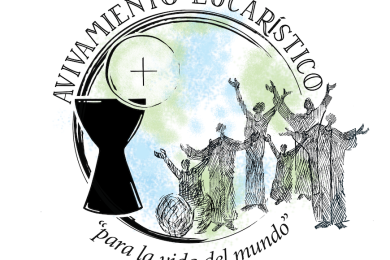



I LOVE Rolheiser’s positive Theology. He can still challenge without offending, invite without demanding… thanks for carrying his column at tilmes!